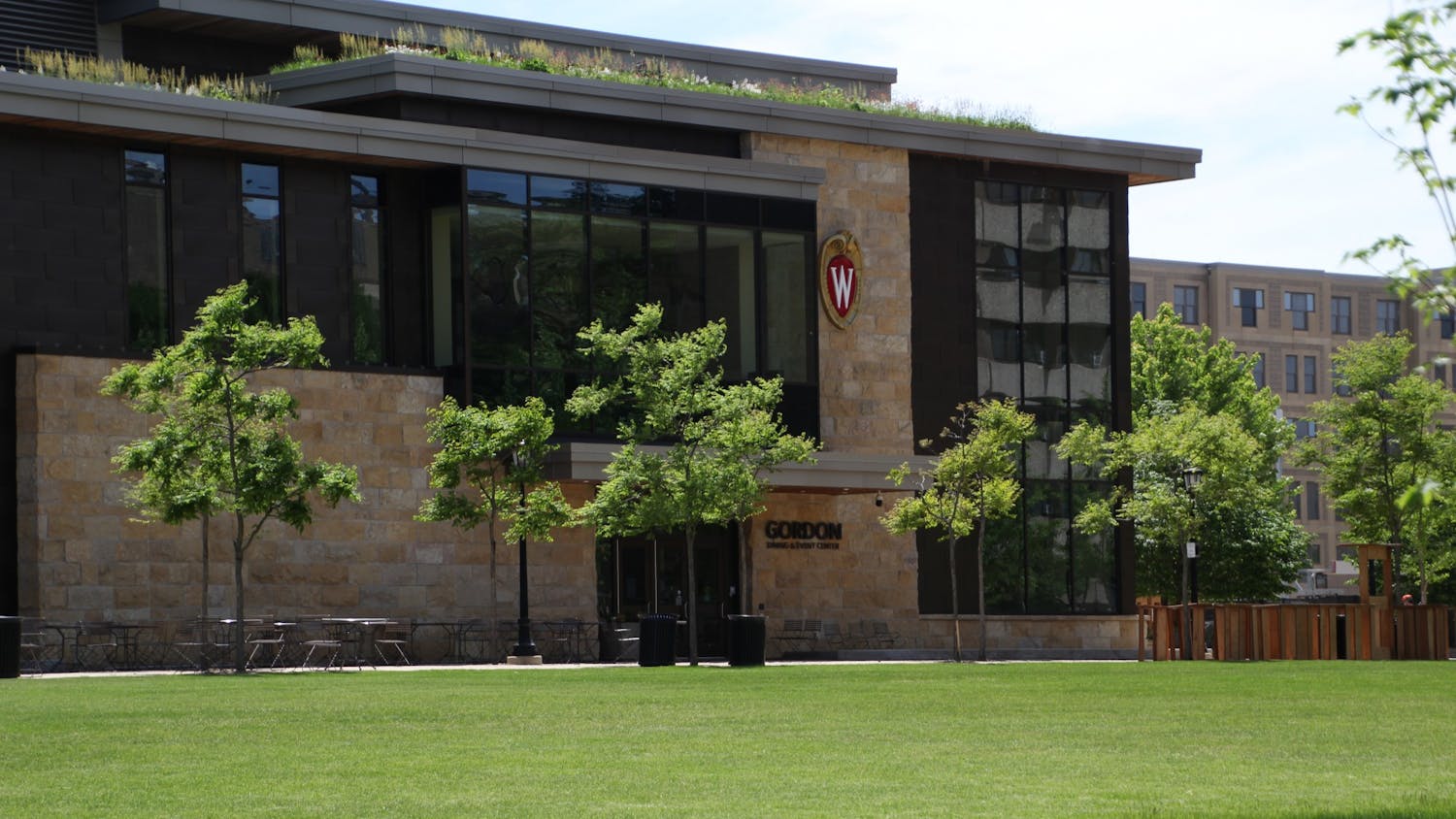Non-Wisconsin residents could pay less tuition to attend all UW System campuses except UW-Madison for the 2006-'07 academic year after the UW System Board of Regents passed a resolution Thursday.
The nonresident tuition rollback, which was approved five to one, is part of UW System President Kevin Reilly's 'Growth Agenda''a plan to make the UW System an engine of economic growth and the 'state's premier developer of advanced potential.'
According to Freda Harris, UW System associate vice president for budget, the tuition reduction is designed to make the UW System more attractive to out-of-state students, thus increasing overall UW System enrollment.
UW-Madison was not included in the tuition reduction plan because it can increase its nonresident student population at current tuition levels due to its international reputation, said Don Mash, UW System senior executive vice president.
Harris said the UW System had 900 fewer nonresident students in 2004-'05 than in 2001-'02. Over past years, nonresident tuition has increased from three times resident tuition to four times resident tuition, she said.
UW-La Crosse Chancellor Douglas Hastad said the resolution would increase university revenue.
'One out-of-state student doesn't take a seat from an in-state student, but gives a seat to an in-state student,' Hastad said.
Chancellors from other campuses, including Green Bay, Milwaukee and Oshkosh, also supported the resolution.
The tuition reduction should be at least $2,000 per nonresident student, according to Harris. Nonresident tuition will be based on the cost of educating a nonresident student plus the state's share of educating a resident student, said Harris.
According to Reilly, the niche for the United States in the future will be the knowledge economy, and the role of the educational system will be to move more people to higher levels of education. A key goal of Reilly's growth agenda is to increase the percentage of people with baccalaureates in Wisconsin, thus propelling the state's economic growth.
Reilly noted that Wisconsin has a lower percentage of residents with baccalaureate degrees than Minnesota and the nation as a whole. He also pointed out that Wisconsin's per capita income is $32,063, in contrast with Minnesota's figure of $36,273.
Another element of Reilly's growth agenda is the Wisconsin Covenant'a program to improve access to the UW System for low-income students.
According to a preliminary model of the Wisconsin Covenant described by Sharon Wilhelm, UW System interim associate vice president, the state of Wisconsin would pay college tuition and fees for low-income students who meet certain income and grade-eligibility guidelines. The first cohort would matriculate in 2012.





